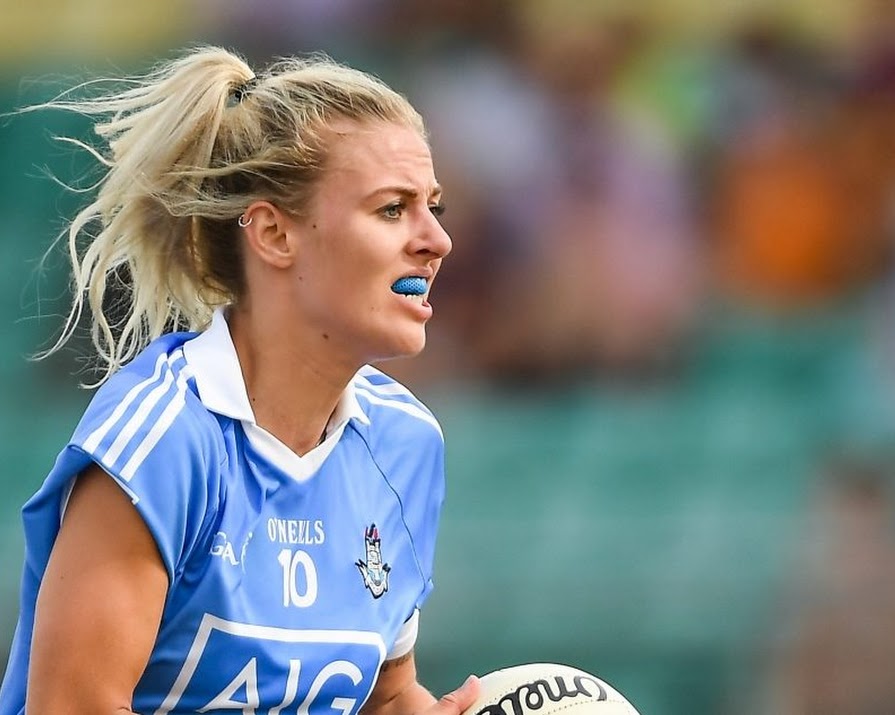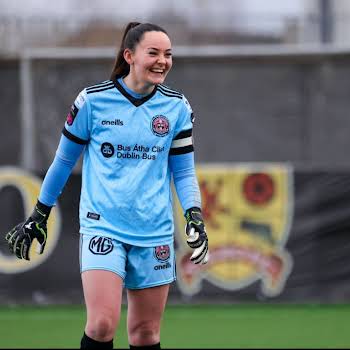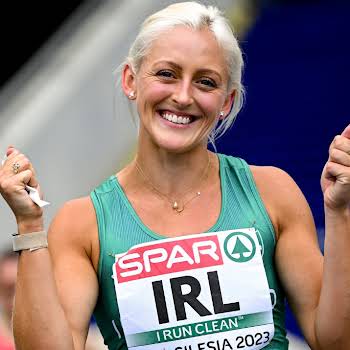
‘I had a bit of a breakdown in college’: Dublin footballer Nicole Owens opens up about her mental health struggles
By Edaein OConnell
02nd Dec 2019
02nd Dec 2019
All-Ireland winning footballer Nicole Owens has opened up about her mental health struggles and importance of therapy in a new video
Dublin footballer Nicole Owens has opened up about her mental health struggles as part of Aware’s Resilience Series.
The 25-year-old All-Ireland champion said, as a shy teenager, she always felt insecure. “I definitely had a bit of social anxiety and struggled to come to terms with myself. At the same time, I was coming to terms with my sexuality, so I was hiding that whole side of myself, from myself even.”
Teenage years for many mean conforming which is something Nicole did when she suppressed who she really was: “To me, being gay was something that would have made me stand out, and when I was 16 that was my idea of hell.”
By the end of her time at school and through her early college years, Nicole began experiencing low periods. These cycles then started happening closer together and in her third year of college, she hit a severe low. “I had a bit of a breakdown in college and ended up calling my Mom who left work and brought me home. It was then I actually properly spoke about how I was feeling for the first time.”
Therapy
She was prescribed anti-depressants which worked for a time until the pressure of life once again became too much. She took a step back from work and football and began to put time and effort into getting her mental health back on track in the form of therapy.
“I put that time into actually buying into the therapy and dealing with maybe some of the feelings that I hadn’t dealt with, giving myself tools that I could implement when things started getting bad so I wouldn’t end up back in that situation again.”
Through both Cognitive Behavioural Therapy and Compassionate Therapy, Nicole has come to a good place with the latter showing her how to be kinder to herself.
View this post on Instagram
“Being compassionate is something that doesn’t come naturally to a lot of us, especially Irish people, who are very cynical and tough on themselves… That’s when I learned to be a bit easier on myself and not put all these pressures on myself to be happy or excelling at all times.”
CBT taught her how to deal with challenging situations and to stop the catastrophising she had become accustomed to: “I would make it this massive deal in my head when it really wasn’t… I’m a lot more in tune with my own body, my own mind so I can feel when I don’t feel great and I know if I’m getting a little bit agitated.
“I now have the capacity to be able to realise, ‘Ok actually, maybe I don’t need to go meet this person tonight, maybe actually I just need to go home and just breathe and read a book.'”
Coping mechanisms
When she tore her ACL earlier this year, she used the tools given to her by CBT. The injury is one with prolonged healing time, but she now has mechanisms in place to help her cope. “You never think it’s going to be you. The knock-on effect of knowing that I wouldn’t be able to play — that hurt a lot.
“I was able to look at it objectively and say, ‘I know this is a really bad injury. It’s the worst injury I’ve ever had and it’s probably nine months gone being involved in the sport I love to play, but at the same time no one did die.’ It’s in a weird kind of way, I see it almost as a challenge for myself.”
For more support, education and information for those impacted by depression, bipolar disorder and other mood-related conditions, visit www.aware.ie
Read more: ‘I’m a high-functioning, coping depressive’: Elaine Crowley opens up about her mental health struggles
Read more: I had a mental health crisis and people did not know how to respond
Read more: How to gain control over panic attacks























